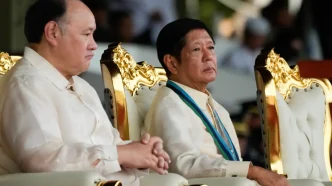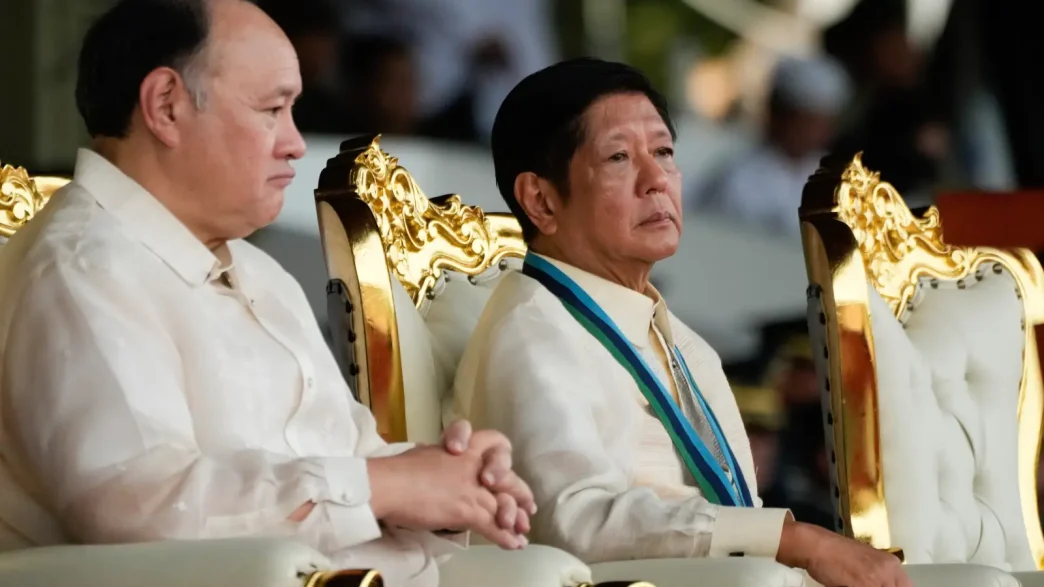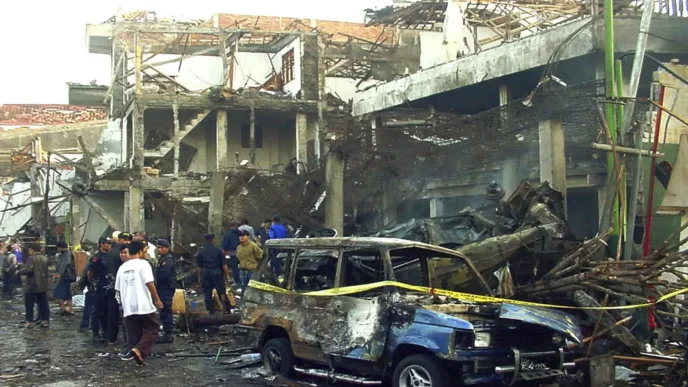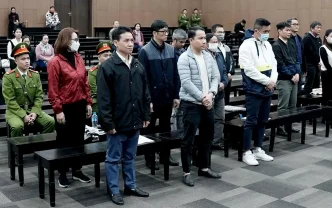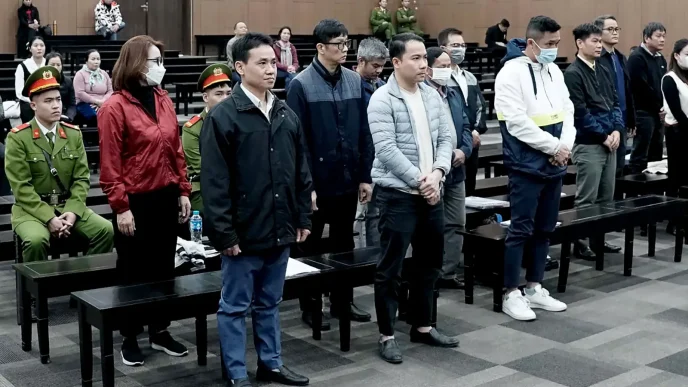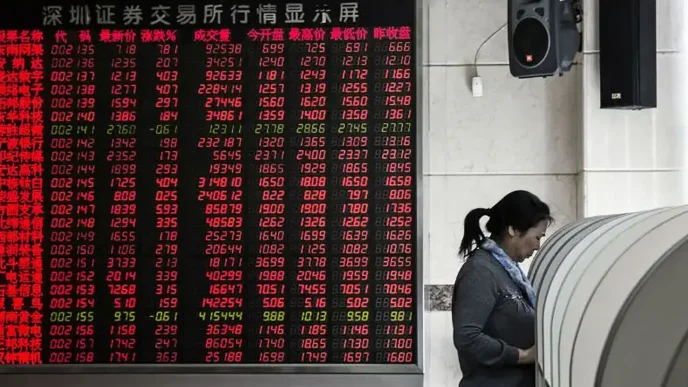The Philippines’ defence secretary Gilberto Teodoro (left) and President Ferdinand Marcos Jr watch troops parade for the 89th anniversary of the armed forces in Quezon City on Friday. (AP pic)
MANILA: The Philippines’ defence secretary rejected Chinese criticism of Manila’s plans to acquire a US-built mid-range missile system, telling Beijing on Tuesday to stop its “sabre rattling” and “interference” in internal affairs.
The Philippines announced plans on Monday to acquire the US Typhon missile system as part of a push to protect Manila’s maritime interests, swiftly drawing a warning from China about a regional arms race.
China’s navy and coast guard have engaged in escalating confrontations with the Philippines in recent months over disputed reefs and waters in the South China Sea.
Beijing claims almost the entire South China Sea despite an international ruling that its assertion has no legal basis.
“The Philippines is a sovereign state, not any country’s ‘doorstep’,” defence secretary Gilberto Teodoro said.
“Any deployment and procurement of assets related to the Philippines’ security and defence fall within its own sovereign prerogative and are not subject to any foreign veto,” he said in a statement.
The US Army deployed the Typhon missile system in the northern Philippines for annual joint military exercises with its longtime ally this year and decided to leave it there, despite criticism by Beijing that it was destabilising to Asia.
Philippine military officials said the Typhon system would be able to protect vessels up to 370km of the coast, the limit of its maritime entitlement under the United Nations Convention on the Law of the Sea.
Filipino troops are in training to operate the land-based missile launcher, developed by US firm Lockheed Martin for the US Army and which has a range of 480km.
Teodoro said upgrading the nation’s defences “is not targeted against specific countries”.
He urged Beijing’s Communist party rulers to “cease their sabre rattling, stop their provocative actions (and) halt their interference in other countries’ internal affairs”.
Manila and Washington have deepened their defence co-operation since Philippine President Ferdinand Marcos took office in 2022 and began pushing back against Beijing’s claims to the South China Sea.
